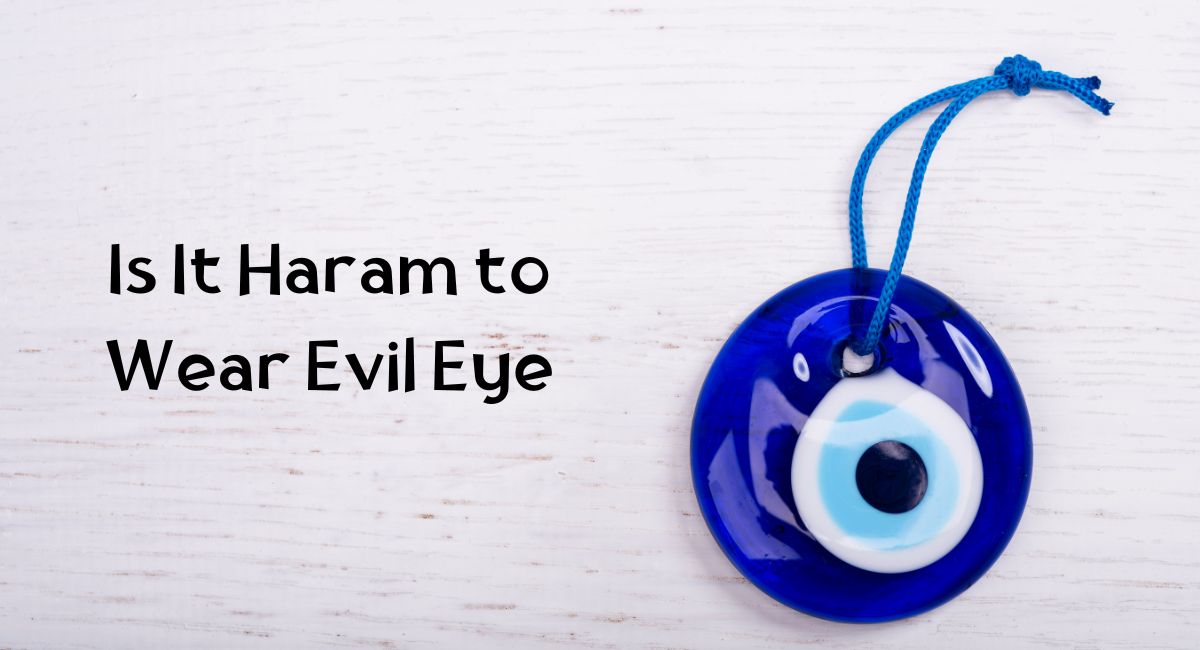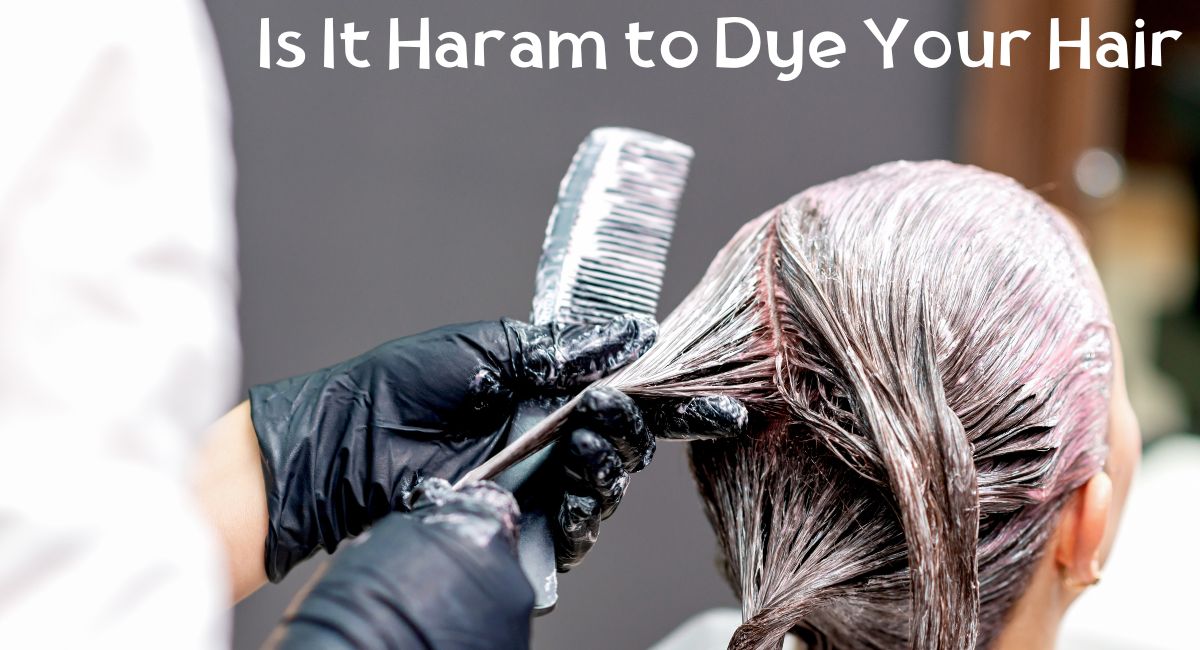Have you ever wondered if shaving your legs is considered haram? In the realm of religious practices, there are often questions surrounding what is permissible or forbidden. This article aims to shed light on the topic of leg hair removal within the context of Islamic teachings.
Whether you are seeking clarification or simply curious, join us as we explore the question: Is it haram to shave your legs?
By delving into various perspectives and considering contemporary applications, we aim to unravel the complexities behind this age-old debate and provide you with a deeper understanding of Islamic principles surrounding personal grooming practices.
Is It Haram to Shave Your Legs
No, shaving the legs is not considered haram. To understand why shaving legs is not forbidden in Islam, it’s crucial to refer to Islamic scriptures and teachings.
In Islam, specific guidelines are given for various aspects of personal grooming and hygiene. However, not every detail of human life is explicitly mentioned in the Quran or the Hadiths (sayings and actions of the Prophet Muhammad PBUH). In cases where there is no clear command or prohibition, Islamic teachings offer a principle of permissibility.
A narration from Salman Al-Farisi RA quotes the Prophet Muhammad (PBUH) as saying:
“What is lawful is that which Allah has permitted in His Book and what is unlawful is that which Allah has forbidden in His Book. What He remained silent about is what is pardoned” (Sahih Ibnu Majah 3367).
This Hadith suggests that unless explicitly prohibited, actions are generally permissible.
Al Imam Al-Sindi, commenting on this Hadith, reiterates this point, stating that Allah’s silence on certain matters is an act of grace and mercy, and thus, we should not dwell on them unnecessarily.
“Indeed, when Allah commands you to do something then do it and when He prohibits you from something then leave it, and when He remains silent about certain things, that is due to His grace and mercy, don’t ask about them,”
Overall, this narration states that: the original ruling for everything is that, it is permitted. (Hasyiah al-Sindi ‘ala Sunan Ibn Majah, 1/326).
Application to Leg Shaving
When it comes to shaving legs, this falls into the category of actions not specifically mentioned in the Quran or Hadith. Thus, according to the principle of permissibility, shaving legs is not haram.
This applies to other types of body hair as well, such as hair on the hands, chest, thighs, nose, and calves. Since there is no command to keep these hairs or prohibition against removing them, Muslims are free to choose whether to keep or remove them.
Cultural and Personal Preferences
According to Islamic teachings, particularly a Hadith from the Prophet Muhammad (PBUH), men and women should not intentionally try to look like each other. This Hadith, found in Sahih al-Bukhari (5885), says: “Allah’s Messenger cursed those men who try to appear like women and those women who try to appear like men.”
Expanding on this, Islamic scholars like Imam Ibn Hajar al-Asqalani have explained that this rule covers things like the way a person dresses or adorns themselves, as well as their speech and behavior.
The idea is that men shouldn’t adopt practices that are traditionally associated only with women, and vice versa.
But, this rule is specifically for those who do it intentionally. If someone naturally has traits typically associated with the opposite gender, they are encouraged to try their best to align with their own gender’s typical traits.
Now, when it comes to shaving leg hair, if in a particular community (uruf) men having smooth legs is not seen as imitating women, then there’s no issue for men to shave their legs. It’s all about the context and the intentions behind the action. If the act of shaving legs doesn’t lead to a man resembling a woman in that society, then it’s allowed.






